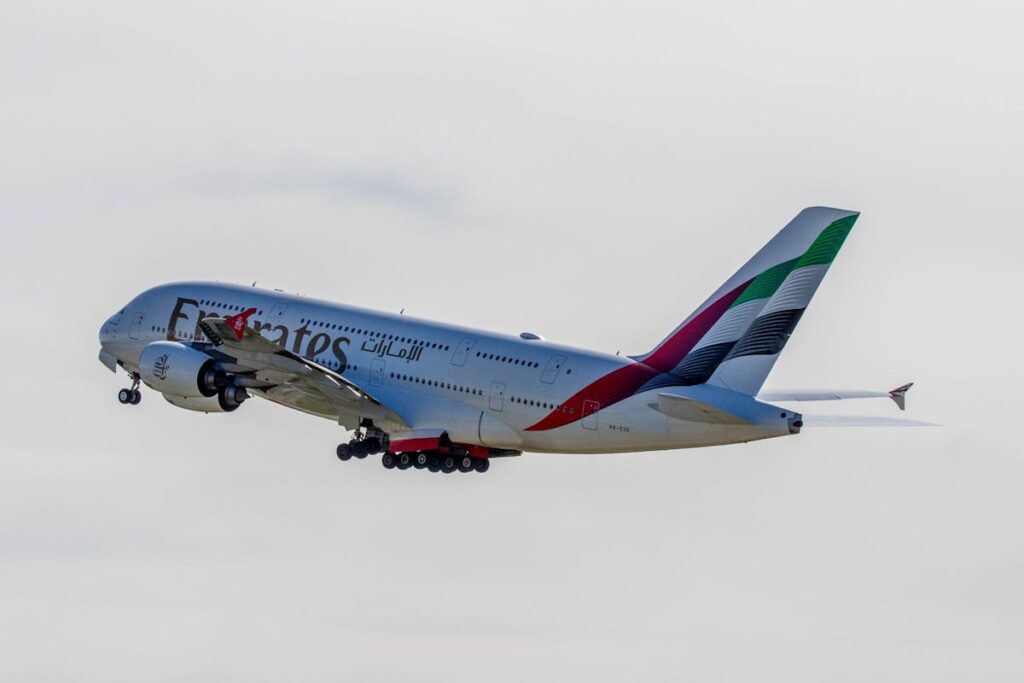
Skift Take
Indian travelers are looking at Middle East for short-haul trips. Airlines from India and the region are in a race to attract them.
India is emerging as an important source market for tourism for Middle Eastern nations.
- In 2023, 11.9 million Indian passengers visited Dubai, accounting for nearly 70% of its total 17.15 million international tourists.
- Saudi Arabia is also looking at India as a potential top source market. It witnessed a 50% increase in Indian visitors in 2023, and is aiming to attract 7.5 million Indian visitors over the next seven years.
- India is also a key market for Qatar, which accounted for over 10% of the tourists in the nation last year. It was the second largest source market, after Saudi Arabia.
- Oman received around 4.3 million international visitors in 2023. Of these, the Gulf Cooperation Council (GCC) countries collectively accounted for 1.6 million visitors, followed by India, with 610,000 tourists.
- Last year, over 270,000 Indian tourists visited Turkey, an increase of 18% as compared to 2022. The country is aiming to attract more than 350,000 Indian travelers this year.
A recent McKinsey report also highlights how India is becoming a fast-growing source of outbound tourism, especially for short-haul destinations.
Increased Opportunities, More Flights
With India’s rising significance in the Middle East, airlines from India as well as the region are adding frequencies and new routes to enhance connectivity.
In an interview with Skift, low-cost carrier Akasa Air’s co-founder Praveen Iyer said that while expanding internationally, the airline received flying rights to Qatar, Saudi Arabia, and Kuwait. “Each of these countries are constrained for capacity, and are therefore interesting markets,” he said, adding that the traffic flows between India and the Middle East will only grow with each passing year.
Indian and Middle Eastern carriers have significantly boosted connectivity in response to the rising demand from Indian tourists. Airlines have launched new routes and increased the frequency of existing flights to cater to the growing number of travelers. Some of the recent announcements include:
- IndiGo: This week, IndiGo announced additional daily flights between Jeddah and Mumbai, starting August 15.
IndiGo also announced direct flights between Kochi and Dammam and commenced daily direct flights between Abu Dhabi and Chandigarh, as well as between Abu Dhabi and Kannur, in May. - Akasa Air: This year, Akasa Air commenced its international operations starting with Doha.
In June, it started operating to Riyadh while flights to Jeddah are set to begin next month. - Vistara: Full-service airline Vistara in December 2023 commenced four direct flights a week between Mumbai and Doha.
- Air India Express: Budget airline Air India Express launched a direct flight service from Lucknow to Ras Al Khaimah in May.
In April, the airline commenced flights between Mangalore and Jeddah.
It began new direct flight services from Lucknow to Muscat and Dammam in March. - Etihad Airways: Last week, Etihad Airways commenced flights to Jaipur from Abu Dhabi.
The airline also introduced daily flights from Abu Dhabi to Kozhikode and Thiruvananthapuram in January. - Oman Air: In September last year, Oman Air relaunched flights from Muscat to Lucknow and Thiruvananthapuram.
- SalamAir: The low-cost Omani carrier last week announced its decision to commence direct flights between Muscat and Chennai.
In November last year, it resumed services to 5 Indian cities – Hyderabad, Kozhikode, Jaipur, Thirvananthapuram, and Lucknow. - EgyptAir: The Egyptian flag carrier announced last month that it was expanding the Cairo-New Delhi service to daily flights.
The Bilateral Rights Dilemma
Airlines in the Middle East, including Emirates and Qatar Airways, have been seeking grants for more seats under the bilateral agreements so that they can operate an increased number of flights to and from India.
Earlier this month, Emirates President Tim Clark spoke against protectionism in India, saying that the country was restricting its access to give time to Air India amid its merger with Vistara.
However, Air India CEO Campbell Wilson said that if more bilateral rights are granted to hubs in other countries, it would impact Indian airlines’ ability to fill seats on the new aircraft being inducted by domestic carriers. He further stated that granting more bilateral rights to other hubs would feed the economies of those countries instead of India’s.
